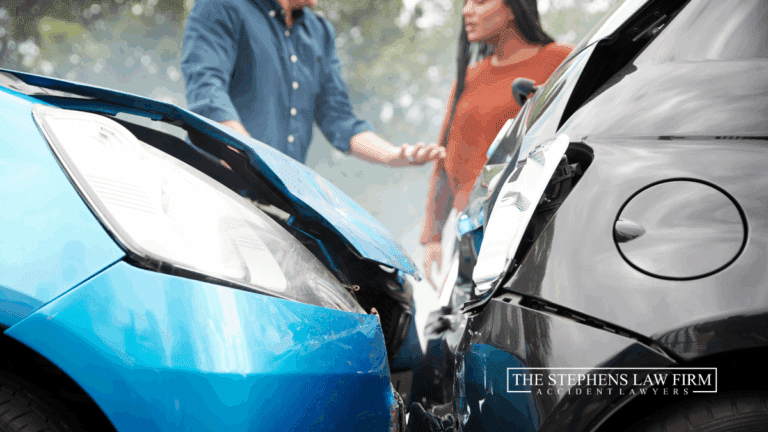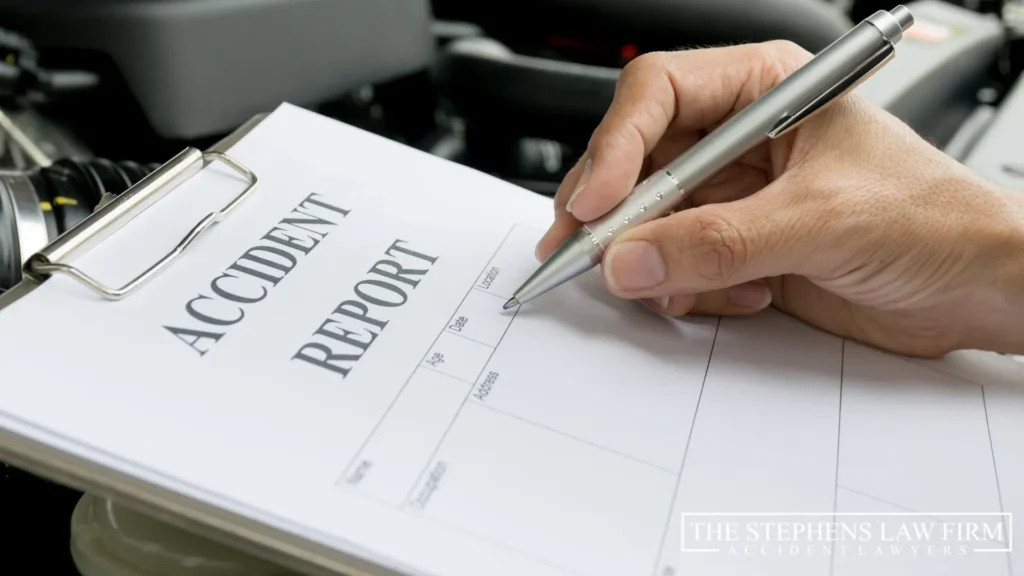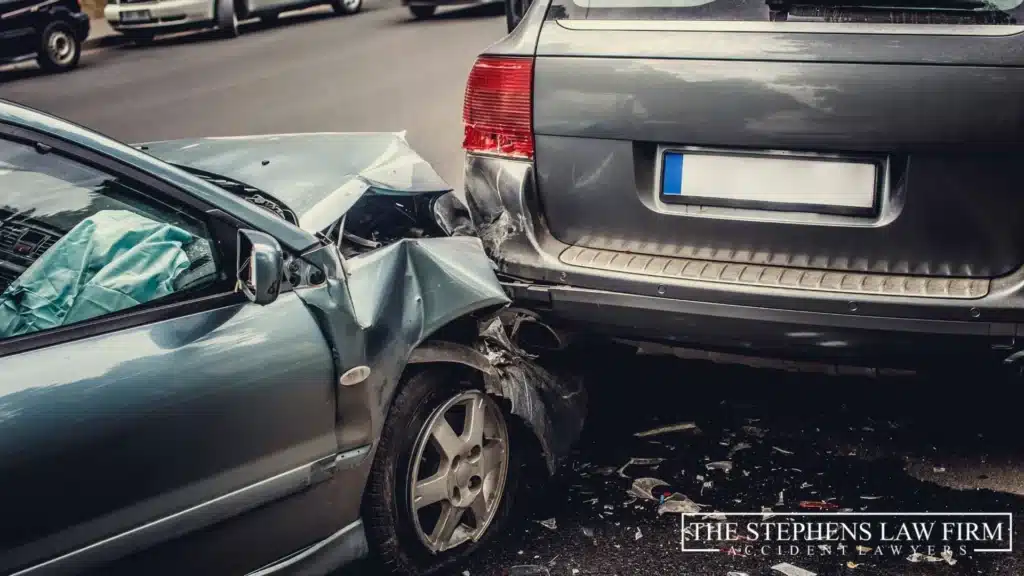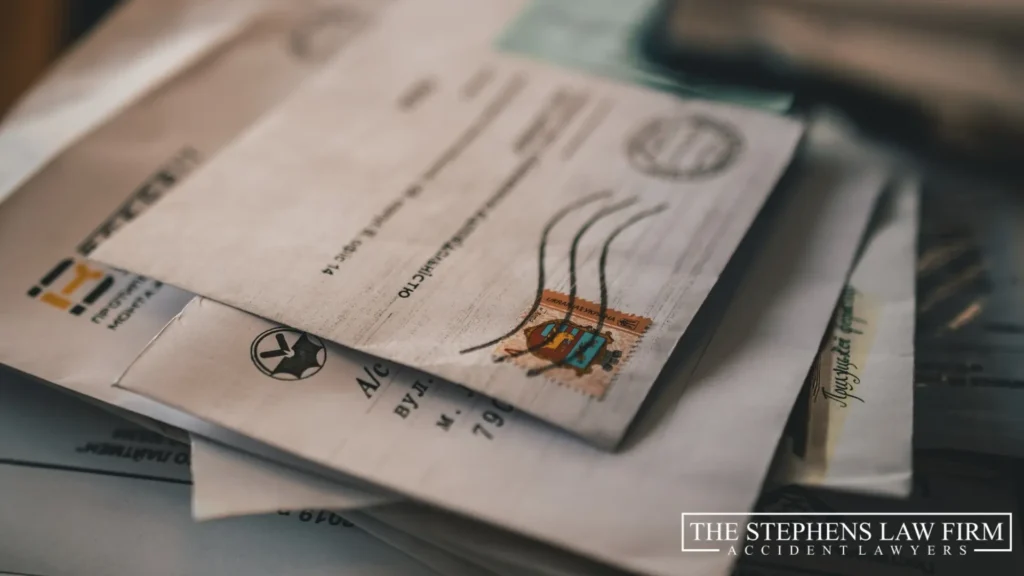It’s not unusual to let a friend, family member, or neighbor borrow your car, but what happens if they get into a crash while driving? Many Texans are surprised to learn that insurance generally follows the vehicle, not the driver, meaning you could still be responsible for damages, even if you weren’t behind the wheel.
A Houston car accident lawyer can explain what happens when someone else crashes your car in Texas, when you could be liable, and steps you can take to protect yourself. The Stephens Law Firm provides clear, step-by-step guidance, handles the insurance company for you, and helps you avoid costly mistakes.
KEY TAKEAWAYS
- In Texas, your car insurance typically covers damages when someone else crashes your car, but their insurance may provide secondary coverage if the damages exceed your policy limits.
- Negligent entrustment can make you liable. If you knowingly allow an unsafe, unlicensed, or intoxicated person to drive your car, you may be held responsible for damages in a lawsuit, even if you weren’t the one behind the wheel.
- Uninsured/underinsured motorist (UM/UIM) coverage can protect you. If the at-fault driver has no insurance or insufficient coverage, your own UM/UIM insurance can help cover medical bills, lost wages, and vehicle repairs.
Who Is Liable When Someone Else Crashes Your Car in Texas?
In Texas, insurance usually follows the car. This means your auto policy often steps in first when another person wrecks your vehicle. The at-fault driver is still legally responsible for causing the crash, but your policy may pay up to its limits before the driver’s own insurance kicks in as secondary coverage. How the claim resolves depends on the situation, policy language, and who is found at fault.
Most insurance companies cover the permissive use of your vehicle. This includes explicit permission, like handing over the keys or verbally offering the vehicle, and implied permission, like a friend who has borrowed your car in the past using it again to run an errand. Some policies exclude certain drivers or uses, so coverage isn’t automatic in every situation.
Car owners can face additional repercussions from negligent entrustment. This can happen if you knowingly let an unsafe, unlicensed, or intoxicated person drive your car. In these situations, the injured party may claim you were careless, making you liable for any damages and risking your policy.
Texas follows a modified comparative fault rule, which assigns each party in a crash a percentage of responsibility. If a party is found to be 51 percent or more at fault, they cannot recover damages. If they are 50 percent or less at fault, their recovery is reduced by their share of the blame. These rules determine how compensation is divided, especially when multiple parties contributed to the accident.
How Insurance Works When Someone Else Crashes Your Car in Texas
Because insurance usually follows the car, your policy typically pays first if a permitted driver causes a crash in your vehicle. Different types of coverage address different needs: liability pays for other people’s injuries and property damage, collision helps repair your car after the accident, and comprehensive covers non-collision losses such as theft, hail, or vandalism.
If the damages exceed your policy limits, the driver’s own insurance may provide secondary coverage. Uninsured/underinsured motorist (UM/UIM) coverage can also help if the at-fault driver has no insurance or too little, so you are not stuck paying out of pocket. Keep in mind that certain exclusions may block coverage. Common examples include using the car for commercial or delivery purposes without the proper endorsement, driving under the influence, or operating the vehicle without permission.

When someone else’s mistake puts you in harm’s way, you deserve more than just a quick insurance payout. We help everyday Texans get the support and compensation they need to move forward after a car accident.
What To Do If the At-Fault Driver Has No Insurance in Texas
If the at-fault driver has no insurance, you may still have protection through your own UM/UIM coverage. UM/UIM can pay for medical bills, lost wages, and pain and suffering. UM property damage coverage can also help fix your car with a small deductible.
Personal injury protection (PIP) can help regardless of fault. In Texas, PIP pays for medical care and a share of lost income up to your limits. It can cover you and your passengers, regardless of who is at fault.
If you don’t have UM/UIM or your losses are higher than your policy, legal action may be necessary. Pursuing a claim against the at-fault driver can help you recover damages, though compensation depends on their assets and available insurance.
Suing the Driver Who Crashed Your Car in Texas
If coverage is denied, limits are too low, or the driver is excluded, you can consider legal action. You have the right to sue the driver if their negligence or recklessness caused the crash to seek payment for repairs and replacements, diminished value, your deductible, medical expenses if you were a passenger, lost wages, and other damages. Whether to sue depends on fault, available insurance, collectability, and Texas filing deadlines.
Before you choose a path, speak with an experienced car accident attorney who can assess the facts and explain your options. At The Stephens Law Firm, Joe Stephens reviews your policies and the crash details, deals with the insurers, and offers clear guidance, backed by over 40 years of experience, every step of the way.
Let Joe Stephens Handle Your Texas Car Insurance Claim
When someone else crashes your car, the insurance process can get confusing fast. Before you speak with an adjuster or give a recorded statement, get clear guidance from Joe and The Stephens Law Firm. With complimentary consultations and no legal fees unless Joe wins your case, you can focus on healing while Joe handles the rest.
Get your free case evaluation by calling us at 281-201-0035 or filling out our online contact form. We’re dedicated to meeting your needs and providing superior legal guidance.




